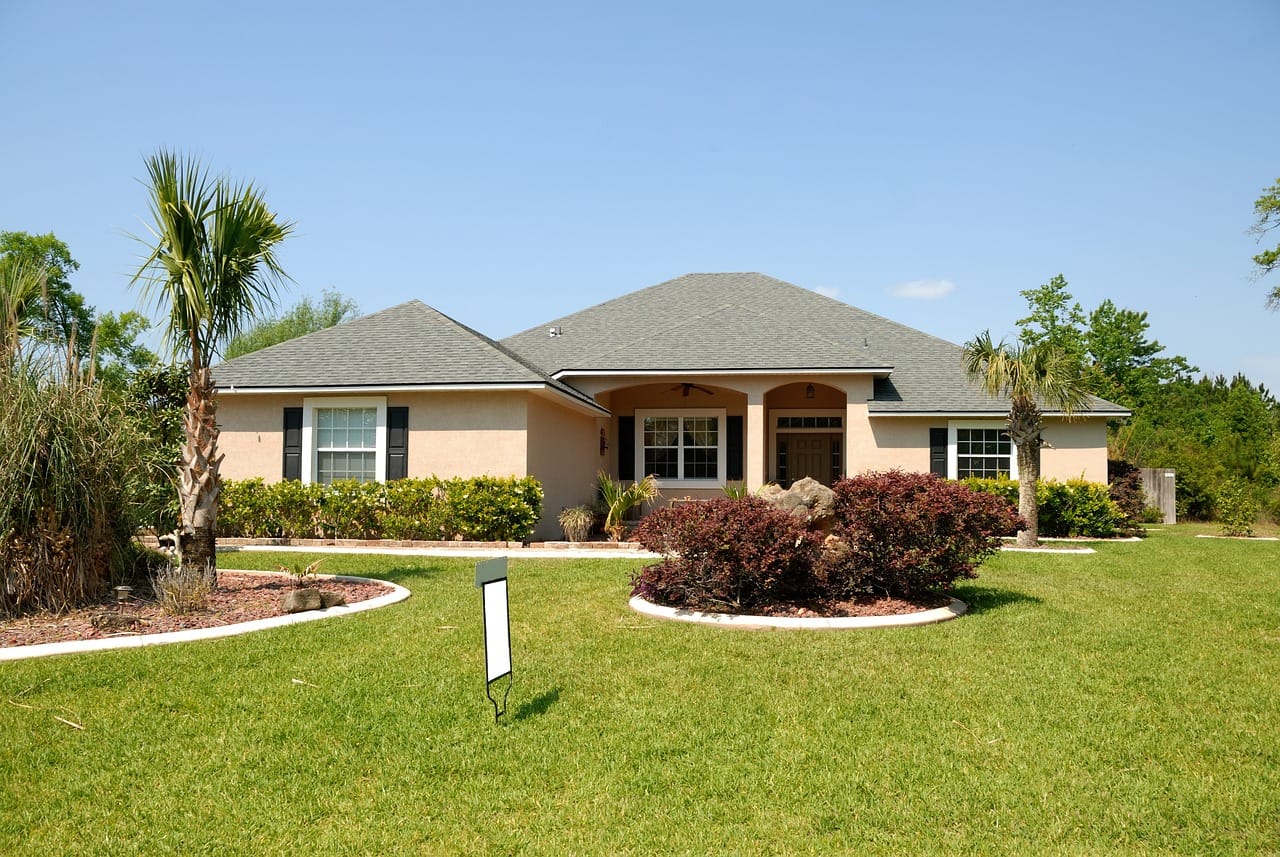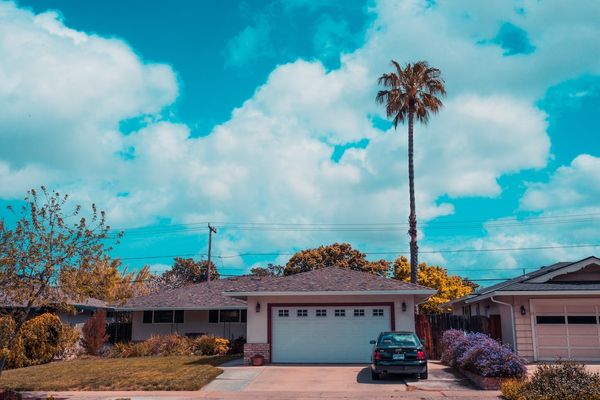Are you renting a home, apartment, condo, or townhome in Florida? If so, you should become familiar with renters insurance in Florida. Renters insurance is a way to protect your belongings from theft, fire, and other types of damage.
While this seems like a pretty straightforward explanation, there’s more to know about renters insurance in the Sunshine State.
You Have Coverage Options
Thankfully, Florida renters insurance isn’t a one-size-fits-all program. You have options so you can tailor your insurance to fit your unique needs and budget.
To help better inform you, here’s a better look at the three types of insurance for renters in Florida.
Personal Property Insurance
Personal property insurance is the most common type of coverage Florida renters choose. The insurance covers property damage from theft, fire, and vandalism, and items covered under the policy include furniture, appliances, clothes, shoes, and other personal possessions.
Before accepting coverage terms, it’s a good idea to read the policy; find out what the policy limits are and the amount of the deductible. Some deductibles are higher than replacement costs. In this case, your renter’s insurance is essentially useless. You don’t want to pay more for your policy than your belongings are worth.
You also want to check coverage limits. Some policies do not cover items like fine jewelry and art.
Liability Coverage
Liability insurance doesn’t cover your possessions, but it does protect you from injury and property damage lawsuits. This type of coverage pays a claimant who has suffered an injury or property damage at your rental location.
Sometimes, your landlord is also included in the lawsuit. However, as the legal tenant, you still have a responsibility to ensure the safety of any visitors to your home.
Examples of when it’s a good idea to carry liability coverage include if your guest slips and falls at your home. Your liability insurance will cover the necessary repairs if their vehicle is damaged in your parking lot or driveway. Basically, liability insurance helps protect you financially. Instead of paying out of your pocket, the insurance covers the expenses.
Insurance for Additional Living Expenses
Florida is well-known for its strong storms which include hurricanes, along with occasional flooding, and there’s also the risk of fire. Any of these can force you out of your rental home, and paying for temporary lodging will quickly get expensive.
Depending on the hotel, a week’s stay can be more than your average monthly rent, which is when additional living expenses insurance comes in. Your policy will cover lodging, food, and other living expenses. If you lost your clothes and other essentials in a fire or flood, your insurance will help cover the replacements.
Don’t forget to read your policy carefully, before signing; look at the deductible and the coverage cap. You ultimately want the cap to be high enough to support your lifestyle. The last thing you need after being forced from your rental is to learn your insurance isn’t enough to cover your expenses.
Average Cost For Renters Insurance in Florida
How much should you expect to pay for renters insurance in Florida? The monthly cost varies depending on your insurance provider and type of coverage.
With that being said, on average, a $10,000 personal property insurance policy will run you between $15 to $20 per month. The monthly costs are about the same for a $100,000 liability policy.
Your monthly insurance costs can be higher or lower depending on your credit score, deductible amount, zip code, and type of coverage. To get the best monthly rates, it’s a good idea to compare policies from different insurance providers.
Sometimes, increasing the deductible can lower monthly payments. The downside is you’re paying more if you need to submit an insurance claim.
Additional Ways to Lower Renters Insurance Costs
Some things you can’t change, like your zip code, so if your zip code is in a weather-prone area you should expect to pay more for renters insurance. Don’t panic if your monthly costs are too high, there are a few ways you can lower your monthly insurance premiums.
A few easy ways to lower insurance rates include:
- Bundling your renter's insurance with other policies, as most insurance companies offer reduced rates when you have more than one policy with them. You can try combining your renter's policy with your car insurance.
- Raising the deductible is something already discussed, but it’s an effective way to get a lower monthly rate.
Did you know implementing security protocols at your rental home can lower insurance rates? Installing smoke and carbon monoxide detectors can result in lower monthly premiums. You may even want to invest in security cameras for additional savings.
Once again, don’t settle on the first insurance provider you talk to. Shop around and compare rates. This is an easy way to find affordable renters insurance in Florida and get the coverage you need.
Does Florida Law require Rental Insurance?
Florida law does not require renters to carry insurance; however, a landlord can make it a requirement in the lease, which helps protect your belongings and your landlord. While personal property insurance isn’t a common requirement, it’s different when it comes to liability insurance.
Some landlords require their tenants to carry liability insurance, since this helps protect the landlord against lawsuits if a visitor to the rental is injured or suffers property damage.
Benefits of Having Rental Insurance
The benefits of carrying rental insurance are pretty obvious; your belongings are covered, including your furniture and clothes. You are also covered if a friend or relative is injured at the property.
You don’t have to worry about paying a potential lawsuit settlement claim. Your insurance takes care of it for you. Sometimes, the best of mind you get with renters insurance is the best reason to carry a policy.
Talk To An Agent About Renters Insurance
Even though renters insurance isn’t a legal requirement, it does give you protection and peace of mind. Talk to an insurance agent about renters insurance and protect yourself and your belongings.






